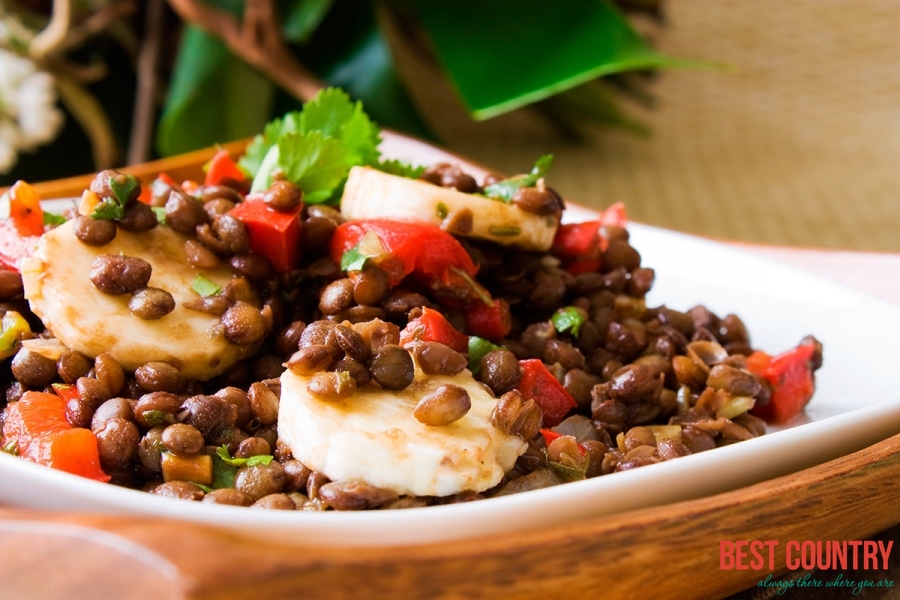Angola
Angola things to see and do
Angola’s struggle in the past has obstructed the country’s image as one of the hot shot destinations in Africa. However, with things finally settling down, Angola has uplifted itself and is now ready for you to embark upon an exploration of this breathtakingly beautiful land and envelop yourself in the colors of its unique culture.
Angola Cuisine
As a Portuguese colony for centuries, Angolan cuisine bears Portuguese influences. For instance, the Angolans’ use of certain spices and methods of cooking were greatly influenced by Portugal. Still, other European and Asian cuisines have also left a mark in Angola’s culinary culture.
Overview of Angola
Officially name: The Republic of Angola
Capital: Luanda
Largest city: Luanda
Official language: Portuguese
Government: Presidential republic
